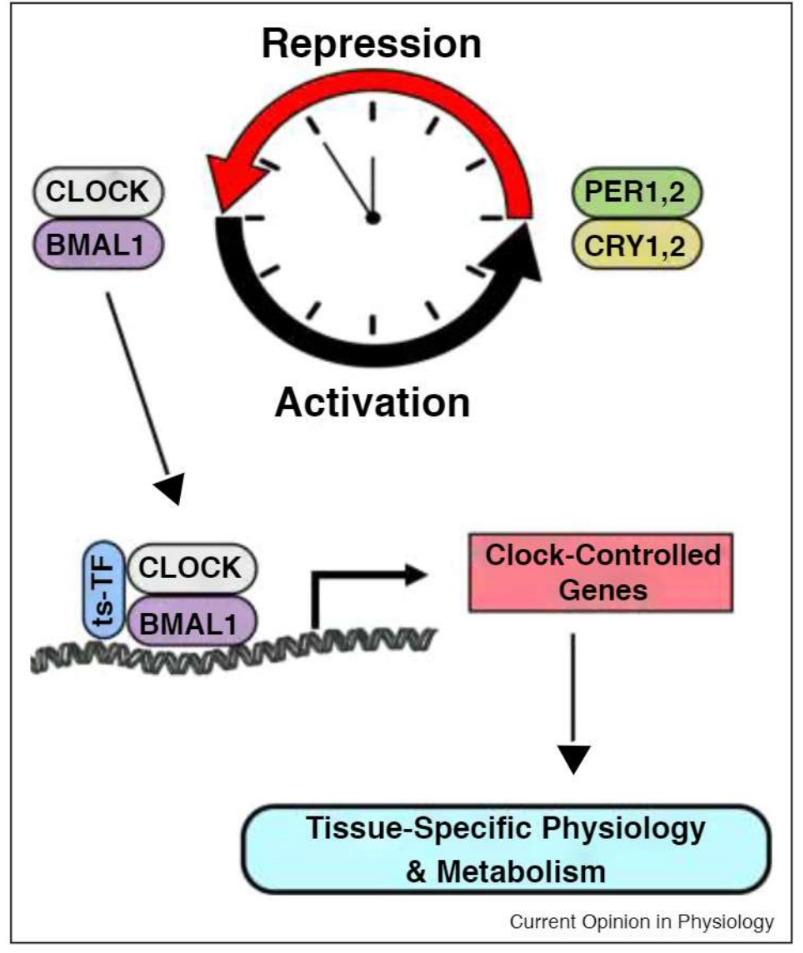Exercise and Circadian Rhythms
- thomasaaronc
- Apr 5, 2020
- 2 min read
Hope everyone is staying safe these last few weeks and the social distancing isn’t putting too much of a damper on things.
This post, I wanted to take a look at exercise and circadian rhythm. Really interesting and nerdy paper that has some awesome potential for the future!
Exercise is good, right? It reduces the risk of cardiac disease and cancer as well as boosting mood. Sleep is also good, right? It helps the body recover and is part of your circadian rhythm. The two things combined should be double good, am I right? But how do these two things actually fit together? More importantly, how do they BEST fit together? Let’s dissect some literature and see what we come up with…
The Nobel Prize in Physiology/Medicine for 2017 was awarded to researchers who defined the “Molecular Clock”, which is a feedback loop in almost every cell in the body that regulates the timing of certain functions. Without getting too much into the cellular biology weeds, this basically means that at different times of the day, the body is performing different functions with different needs. Different environmental cues can influence this, mainly light exposure, but meal timing and exercise have also been implicated. Picture below that the genetics of a cell are turned on and off to make it more perfect for the function it needs to perform at that moment...

Some studies have suggested an increase in skeletal muscle strength in the late afternoon compared to morning and that oxidative capacity (cardio) peaks in the evening. What we are beginning to find is that exercise can induce changes in the way your molecular clock exerts signals. Additionally, the molecular clock naturally signals optimal times for exercise, although these are poorly understood and probably vary significantly from person to person.
This is really an emerging topic in the field of exercise and wellness. I think what we can take away at this point is that the body has optimal times for sleeping, eating, and exercising, and that these all influence each other in different ways. For each of us, there is a perfect meal at a perfect time after a perfect night of sleep that will result in the perfect workout. A challenge for you is to listen to your body every day and learn how and when to eat, sleep, and exercise. Once you begin to feel this, you can develop it into part of your routine. As always, leave any questions or comments and let us know if there are things you want us to dig into more. Work SMARTER and HARDER!
Wolff, C. A., K. A. Esser. Exercise timing and circadian rhythms. Current Opinion in Physiology. 2019. 10: 64-69.



Comments